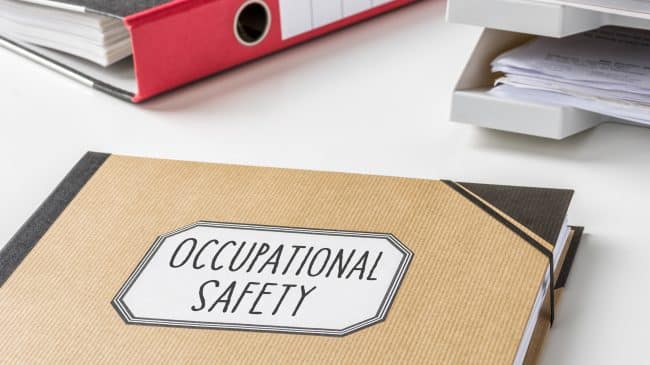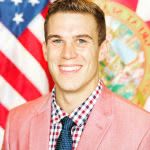Barbers, dental assistants, electricians and many more jobs we encounter on a regular basis are increasingly regulated by states through occupational licensing, ostensibly for the purpose of ensuring public health, safety and welfare. But do these regulations really improve public safety?
Last week, the Colorado Senate passed SB18-193 “Limit State Agency Occupational Regulations,” co-sponsored by Sen. Don Coram (R-Montrose) and Rep. Terri Carver (R-Colorado Springs) that will force state regulating bodies to take on that exact question. On or before July 1, 2019, all agencies are prohibited from imposing personal qualification requirements for work unless they can prove the regulation is “demonstrably necessary” and “narrowly tailored” to achieve a specific public health goal.
Occupational licenses refer to the standards, fees, training and certifications required to work in certain professions put into law by state government. Over the last 50 years, these regulations have grown fivefold from roughly 5 percent of the population being licensed to over 25 percent. Not only has the number of professions licensed grown, but the depth of those requirements has grown as well. It now costs more money and takes longer to enter more professions than at any point in the history of occupational licensing.
Now to return to the original question at hand. Do these regulations actually improve public safety? Has public safety stayed the same, increased or decreased alongside the growth of licensing?
A broad ideological spectrum of analysts and economists mostly agrees – occupational licensing does not improve public health in any scientifically rigorous or statistically significant manner. Examining one study that analyzed dental hygienists and occupational licensing helps make the point.
Since licensing standards are not uniform across states, researchers could take advantage of a wide degree of variation in licensing requirements for dental hygienists to compare these requirements against health outcomes. According to the licensing proponents, we should expect to see better public health outcomes in states with stricter regulations.
The study found the exact opposite: the stricter the licensing requirements, the poorer the health outcomes. The study found this is because the more stringent regulations led to higher prices, which led to low income-earners foregoing routine dental work, which eventually led to more oral diseases, more pain and more costs to the patients.
Not exactly serving the public health.
So often in public policy, outcomes are about tradeoffs. You have to give up one thing in order to get another. When it comes to regulations, it is commonly accepted that the more you regulate something, generally the less of it you get. Even environmental groups recognize this fact, wielding regulation as a tool to curb environmentally harmful behavior they dislike by making it more expensive.
Occupational licensings’ negative tradeoff is that it limits employment opportunities by increasing the cost of being licensed to work, raises consumer prices for goods and services and may even create more health risks.
Who benefits by limiting entry into a job field? Those already working in the field, as it shields them from competition. Likely, this is why professional labor organizations are the lead supporters of occupational licensing. But are we getting the public health benefits that we have traded employment opportunities for? Apparently not.
In light of these findings, barriers to legal employment should be erected if and only if public good can be proven. The hard-working citizens and consumers, especially low income consumers who bear the brunt of these legislated high employment costs, deserve no less.
Spence Purnell is a policy analyst at Reason Foundation and lives in Denver. This column first appeared in the Durango Herald.

